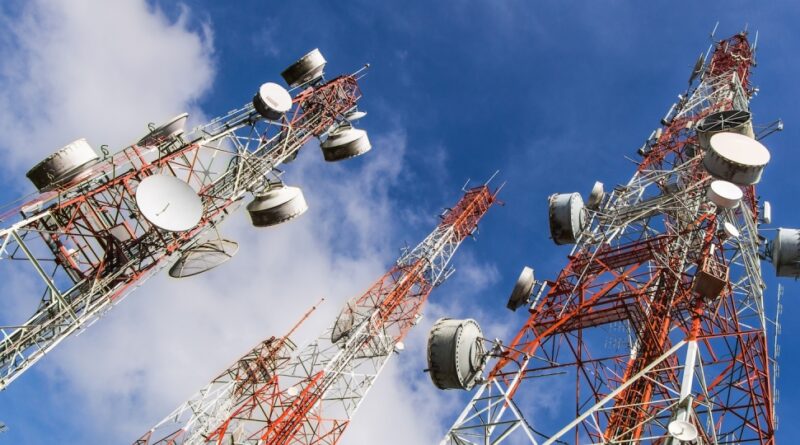House of Reps Demand Suspension of new Telecom tariffs.
The House of Representatives has called on the federal government to halt the planned increase in telecommunications tariffs until service quality improves. This directive follows widespread dissatisfaction among subscribers, particularly due to the recent price hikes by MTN Nigeria, which have led many users to switch to alternative network providers.
The motion, moved by Obuku Oforji, who represents the Yenagoa/Kolokuma/Opokuma Federal Constituency of Bayelsa State, was adopted at the plenary session. Oforji referenced statements made by the Minister of Communications, Innovation, and Digital Economy, Dr. Bosun Tijani, during a stakeholders’ meeting in Abuja on January 8, 2025. The minister had disclosed that telecom tariffs would soon rise, citing ongoing consultations and demands from telecom companies for an increase—though not as high as 100 per cent. The Nigerian Communications Commission (NCC) was expected to approve and announce the new tariffs in due course.
Telecom companies have argued that the tariff increase is necessary to cover investment costs, enhance network quality, and meet the rising demand for digital services in sectors such as education, banking, and healthcare. However, the National Association of Telecoms Subscribers has rejected the proposed hike, describing it as an added financial burden on consumers already facing economic hardship and poor network services.
Oforji stressed that before implementing any tariff adjustments, telecommunications companies must first address long-standing complaints about poor service quality. He further highlighted concerns that higher costs could deepen economic struggles, widen inequalities, and hinder Nigeria’s goal of leveraging technology for economic growth.
See Also: Yoruba Muslims Demand Shari’ah Courts in Southwest Nigeria
In response to MTN’s recent data and SMS price hikes—ranging from 50 per cent to over 60 per cent in some cases—many Nigerian subscribers have begun switching to other network providers. Reports indicate that the cost of MTN’s 15GB data plan has risen from N4,500 to N6,500, while the 20GB plan now costs N7,500, up from N5,500. The largest data plans have seen even steeper hikes, with the 1.5TB 90-day package increasing from N150,000 to N240,000 and the 600GB 90-day plan rising from N75,000 to N120,000. SMS rates have also jumped from N4 to N6 per message.
Many subscribers have taken to social media to express their frustration, calling for regulatory intervention. Some have criticised the government for failing to implement price control measures, while others have accused MTN of poor service delivery despite the price hikes. The removal of MTN’s popular “Hot Deals” package (*121#), which previously offered discounted data plans, has further fuelled customer dissatisfaction.
The price increase, which reportedly exceeds the 50 per cent hike approved by the Federal Government, has drawn significant backlash, particularly as it took effect earlier than expected despite ongoing discussions with the Nigerian Labour Congress (NLC). With MTN’s competitors—Airtel, Globacom, and 9mobile—yet to announce similar price adjustments, many are questioning whether they will follow suit or gain new customers as subscribers migrate from MTN.
As the debate continues, Nigerians are calling for urgent regulatory intervention to ensure fair pricing and transparency within the telecom sector. The House of Representatives directive underscores the need for improved service delivery before any further increases in telecom tariffs are considered.
Content Credit| Oyedepo Oluwafifedoyinsola
Picture Credit | https://nairametrics.com/




